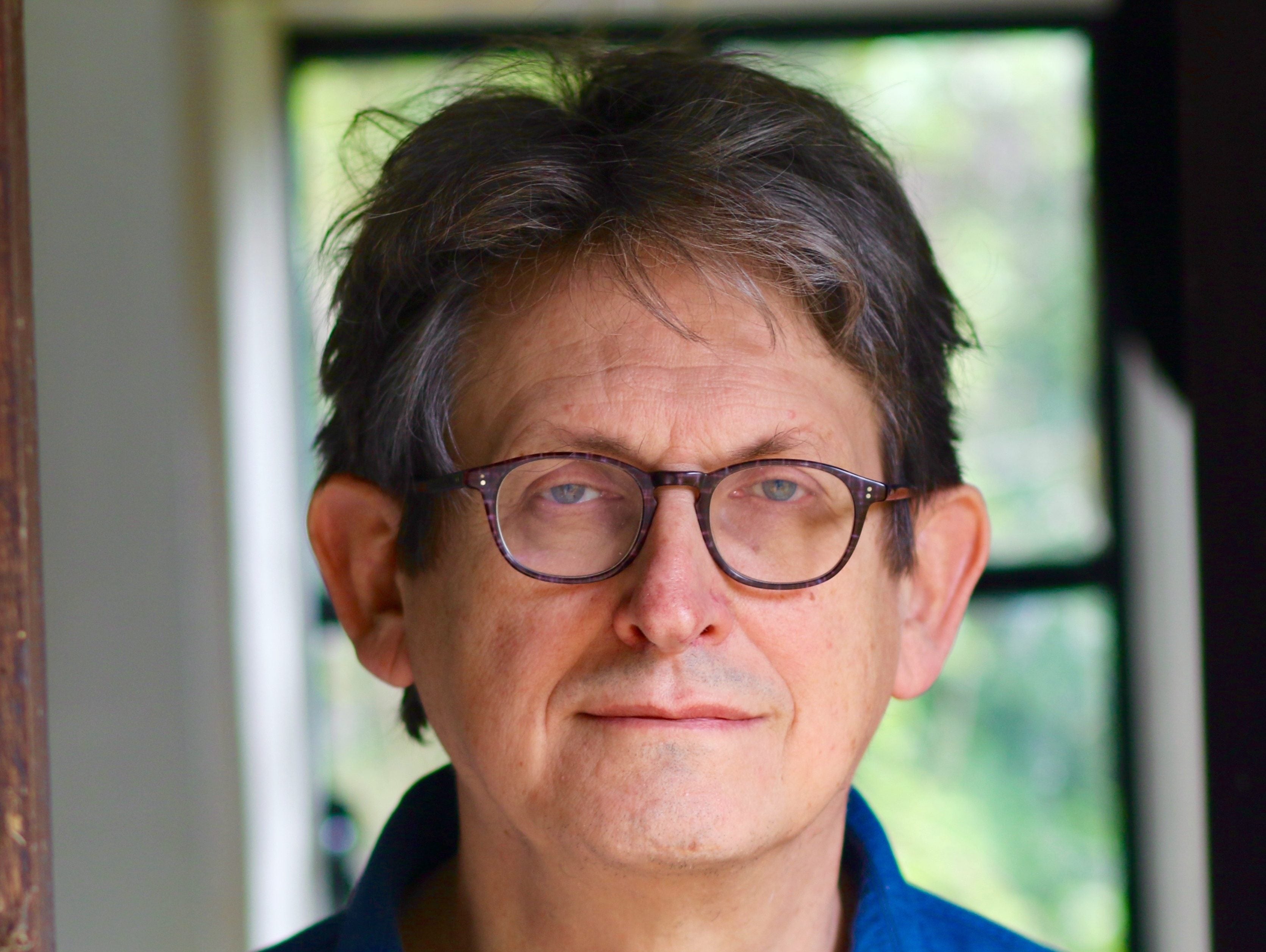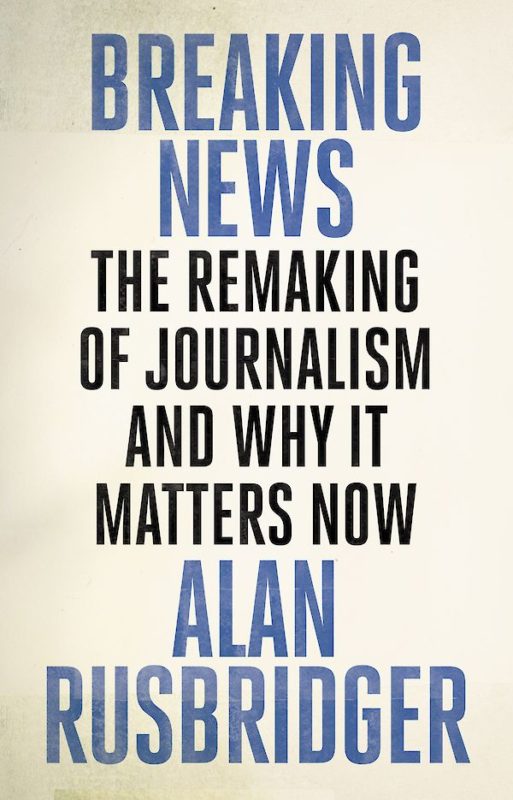
A newspaper never sleeps… But there is one ineffaceable truth you know being an editor: you’re the one whose head is on the block.
An editor today is expected to take the credit, or blame, for the business as much as the editorial mission. In most companies he/she will find themselves increasingly required to attend strategy days; think about dramatic organisational restructuring; be an expert in HR issues; contribute to board meetings; attend finance or marketing sessions; understand technology; stay on top of metrics; be nice to advertisers.
All these are necessary parts of the job. You have talented colleagues who, round the clock, keep the show on the road. But there will still be regular moments when the editor will have to drop everything to concentrate on one particular thing. It might be a single sentence. A contested word. A disturbing image. An inflammatory cartoon. A powerful person or entity you’re about to unmask.
Writers still need talking to. Furious politicians or business leaders need a calm hearing. Get any of it wrong and you’re the one whose head is on the block.
One day in mid-March 2005 Nick Davies came in for lunch. Our journalistic paths had taken very different routes. I’d ended up editing. He still stood on doorsteps and reported.
Some brilliant reporters can’t write. Some brilliant writers can’t report. Some very able reporters report, but don’t break news. Some news-breaking reporters can’t see the bigger picture. Many thinking journalists aren’t interested in reporting.
Nick was one of the very few journalists I’d ever worked with who could do it all. He just loved reporting: he’d even started lecturing to journalism students about the art of a ‘doorstep’ (approaching someone cold with a knock on the door). ‘You have about ten seconds before they slam the door in your face. What you say, how you look, what you wear . . . it’s all crucial.’
But he could invariably see the larger picture and fit individual human stories into a larger intellectual framework. Sometimes it was the other way round: he’d have an idea and then find a way of bringing it to life through narrative detail.
Since I’d hired him back on the Guardian, he’d increasingly worked off-diary. He’d moved to Lewes, a seaside town 70 miles outside London, and rarely appeared in the office. He relished long projects and, over the years, produced some powerful work on drugs, prisons, the police and crime. I then asked him to spend a year looking at schools and Britain’s public education system. He’d produced four books along the way.
He worked on a long leash, dropping in for occasional meetings to update me on where he’d got to; how many libel lawyers we’d need to brief for his next series; or to alert me to expect an angry phone call from someone he was investigating.
On this day he looked tired and out of sorts. He was thinking of retiring. He was 52. He’d spent his life interrogating power – who had it, who used it, who abused it. But he’d said all he wanted to say about the police and the judicial system. He wanted to fit out a camper van and drive across Eastern Europe. There was something of the hippy about Nick.
But before he retired he wanted to do one last big series about power. The last truly unexamined centre of power in Britain – unexamined, because no one had the interest, or the guts, to investigate it.
The press.
I may well have shifted uncomfortably in my seat. Nick was a heat-seeking missile. If he spent the next year digging into the press you could guarantee he would come up with something extraordinary. He always did.
Power was the subject that obsessed him most: the misuse of power. ‘For various reasons, I got hit a lot by adults when I was a child,’ he once told me in a reflective moment. ‘And I deeply hate people who abuse power because of that. So, deep down under all those layers, that’s what drives me. I want to get my own back on people who abuse power and by good chance that’s what a good journalist should do.’
The germ of the idea had come from the Iraq war and the press’s role in aiding and abetting a conflict based on what now we would call fake news. He had no idea where it would end, nor, obviously, did I. But I suspected it could lead somewhere difficult. There would come a day when I would be getting threats from editors or publishers. We don’t wash our dirty linen in public, Alan. You do this and see what we do to you. Or words to that effect.
But for 20 or more years I’d supported Nick in what he decided to investigate. What would it mean if I told him the press itself was off limits? Everyone – including the press – thought the media had a really significant impact on public life. How could the press demand that it, alone, should be exempt from the scrutiny of the press?
The lunch with Nick caught me at a lonely moment in thinking about our trade. There was a marked lack of discussion – in the UK ,mainstream media at least – about the way news was changing and about journalism itself.
Viewspaper–newspaper? Meh.
On the Guardian we had long published a Monday media section – and, latterly, a media website. In the dog-politely-ignores-dog world of Fleet Street that was never going to lead to a comfortable life, and it didn’t. Over time I was threatened by not quite every publisher or editor in London . . . but a good many of them.
Editor 1: ‘I’ll always retaliate. We should be sticking together, not writing about each other.’
Editor 2: ‘My circulation is three times yours. You write about me, I’ll write about you. In the end you’ll stop.’
Editor 3: ‘I hate writing about the media, but I make an exception for the Guardian.’
Publisher 1: ‘We’ve both got ink wells, Alan. Remember that.’
Publisher 2: ‘I’ll release the hounds of hell on you. You have to stop writing about us.’
Some tried for bilateral deals: ‘You don’t write about us, we won’t write about you.’ In general, they were as good as their word. If the Guardian upset a rival editor or publisher you could guarantee a form of retribution within days. It could be a snide diary paragraph or a threat to dig up dirt on Guardian employees’ private lives – including mine. It could be a hatchet job about ‘troubles’ at the paper.
Sometimes these stories had a grain of truth, at other times they were simply invented. At first I was shocked that even broadsheet rivals would knowingly run untrue stories about us in ‘revenge’. After a while I understood we were all supposed to see this as the great game.
One or two Fleet Street elders were in deadly earnest about preserving the omertà. One softly spoken executive took me to breakfast at the Savoy and, after the poached eggs, pushed an envelope across the table. It contained photocopies of stories we had run about his titles. He tapped the envelope. ‘It has to stop.’ ‘I can’t promise you that.’ His amiability drained away. ‘I don’t think you understand. It has to stop.’
‘But I can’t publish a media section having done a private deal with one executive not to cover his particular titles.’ ‘It has to stop.’
Another lunch, another senior figure in the industry: ‘Why do you do this, Alan? We should be fighting our enemies all around, sticking together, not digging up dirt.’ Again, he wanted no coverage of his own title.
‘Surely you think it’s a good thing to have a media section, writing about the media?’ He didn’t.
Having failed to get their reassurances both publisher and editor found numerous excuses over the years to keep their promises. An eye for an eye.
I agreed to Nick having a deep dive into the press. I had no idea what he would discover, but nor did it feel right that the Fleet Street elders should get their wish that their journalism should be a coverage-free zone.
It was a Sliding Doors decision.
Breaking News: The Remaking Of Journalism And Why It Matters Now, by Alan Rusbridger, is out now published by Canongate.

Picture: Canongate
Email pged@pressgazette.co.uk to point out mistakes, provide story tips or send in a letter for publication on our "Letters Page" blog






